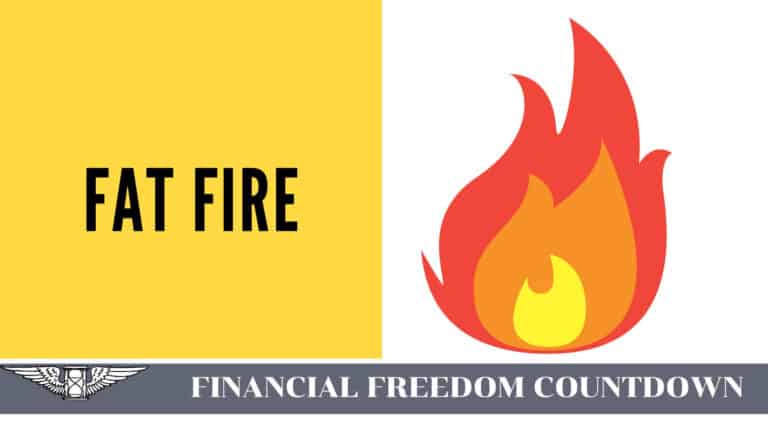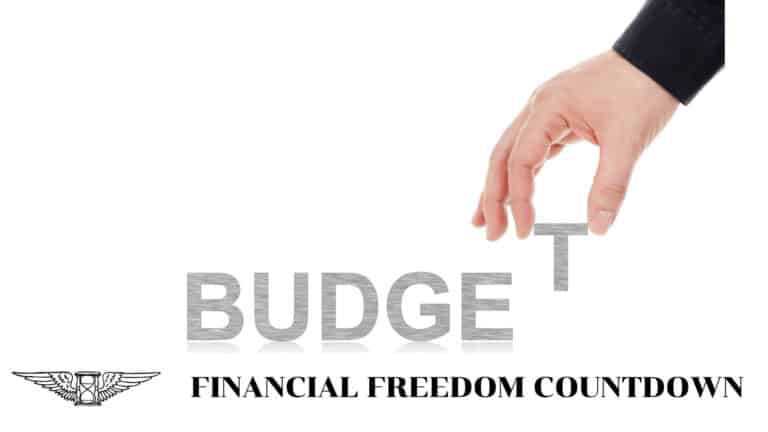Surging Household Debt Sparks Concern As Delinquency Rates Soar

Total household debt rose by $212 billion to reach $17.5 trillion in the fourth quarter of 2023, according to the Federal Reserve Bank of New York. Credit card balances, mortgage loans, and auto loans are at record-high levels as delinquency rates for most debt types continue to climb, causing concern about the U.S. consumer-driven economy among economists and financial analysts.
Credit Card Balances Hit Record High

The outstanding credit card balances, currently at $1.13 trillion, increased by $50 billion, marking a 4.6% rise over the prior quarter.
On an annualized basis, around 8.5% of credit card balances shifted into delinquency. Serious credit card delinquencies increased across all age groups, particularly among younger borrowers, surpassing pre-pandemic levels.
Balances in other categories, encompassing retail cards and various consumer loans, increased by $25 billion.
Auto Loan Delinquencies Accelerating

Auto loan balances continued their upward trend, experiencing a $12 billion increase, and currently stand at $1.61 trillion, maintaining the trajectory observed since the second quarter of 2020.
On an annualized basis, about 8.5% of credit card balances and 7.7% of auto loans became delinquent.
Housing Debt on the Rise

Mortgage balances increased by $112 billion from the previous quarter, reaching $12.25 trillion at the end of 2023.
Americans under financial stress have resorted to using their home equity lines of credit (HELOC), which saw an increase of $11 billion, marking the seventh consecutive quarterly rise since 2022. The aggregate outstanding HELOC balances now amount to $360 billion.
Mortgage delinquency transition rates saw a 0.2 percentage point increase.
Student Loans Unchanged Due to Favorable Policies

The outstanding student loan debt remained relatively constant, at $1.60 trillion at the end of 2023.
But even the constant level of student debt could be misleading due to policy changes. Credit bureau reports will reflect the missed Federal student loan payments only at the end of 2024. Due to these policies, less than 1% of the total student debt was reported as 90+ days delinquent or in default in 2023 and is expected to remain low until at least the end of 2024
Americans Under Increased Financial Stress

“Credit card and auto loan transitions into delinquency are still rising above pre-pandemic levels,” said Wilbert van der Klaauw, economic research advisor at the New York Fed. “This signals increased financial stress, especially among younger and lower-income households.”
The credit quality of recently originated loans remained stable, with 4% of mortgages and 15% of auto loans extended to borrowers with credit scores below 620, showing little change from the third quarter. The median credit score for newly originated mortgages remained consistent at 770. In contrast, the median credit score for recently originated auto loans increased by one point compared to the previous quarter, reaching 720.
Americans are experiencing rising prices in various areas, including purchases made with credit cards, grocery expenses, fuel costs, and other goods. It is plausible that the escalating prices and resulting debt service payments negatively impact borrowers’ financial positions and make it more challenging to meet their financial obligations.
Since consumer spending is a critical component of the U.S. Gross Domestic Product, an uptick in delinquency rates as individuals attempt to manage debt payments with fewer financial resources could prove disastrous.
John Dealbreuin came from a third world country to the US with only $1,000 not knowing anyone; guided by an immigrant dream. In 12 years, he achieved his retirement number.
He started Financial Freedom Countdown to help everyone think differently about their financial challenges and live their best lives. John resides in the San Francisco Bay Area enjoying nature trails and weight training.
Here are his recommended tools
Personal Capital: This is a free tool John uses to track his net worth on a regular basis and as a retirement planner. It also alerts him wrt hidden fees and has a budget tracker included.
Platforms like Yieldstreet provide investment options in art, legal, structured notes, venture capital, etc. They also have fixed-income portfolios spread across multiple asset classes with a single investment with low minimums of $10,000.





